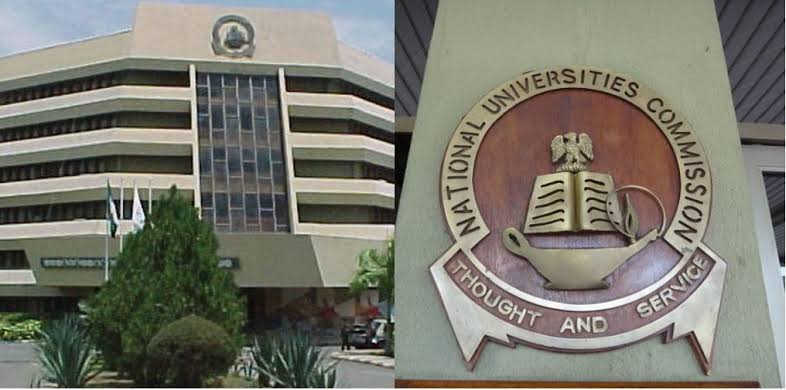The Nigerian government has temporarily suspended applications for the establishment of private universities for the next year, citing the need for a comprehensive review of regulatory guidelines.
The National Universities Commission (NUC), which regulates university education in Nigeria, disclosed this in a statement signed by its Executive Secretary, Abdullahi Ribadu, on Monday.
The commission stated that the suspension will take effect on 10 February and last until next year.
The statement, however, noted that the suspension only affects new submissions, inactive applications and proposals that have not advanced beyond the letter of intent stage.
It added that active pending applications will be reviewed, and appropriate recommendations will be made to the Federal Executive Council (FEC) for approval.
“The commission, in its efforts at repositioning private universities in Nigeria to better meet the needs of the citizenry and for better coordination of the development of the private university education sub-sector of the Nigerian University System (NUS), has identified the need to review the guidelines for the establishment of private universities. This is to ensure that newly established private universities are positioned to meet the challenges of the 21st century,” part of the statement reads.
Increased application fees
The commission has also increased application fees from N1 million to N5 million and processing fees from N5 million to N25 million.
The commission also directed applicants who have already purchased forms to pay the revised processing fee within 30 working days or risk forfeiting their applications.
“The NUC will convey the reviewed processing fee of N25 million to applicants who have purchased application forms only. They are also expected to effect payments within 30 working days or risk forfeiture of their pending applications,” the statement added.
Surge in private universities
According to the National Universities Commission (NUC), Nigeria’s first three private universities—Babcock University, Igbinedion University, and Madonna University—were established in 1999.
However, by 2024, the figure has risen to 149 private universities, surpassing the number of federal and state universities.
The rise of private universities has been attributed partly to the incessant industrial action by academic staff in Nigerian public universities.
While the rise of private universities has helped absorb the growing demand for tertiary education, public universities still admit about 90 per cent of all applicants to Nigerian tertiary institutions.









